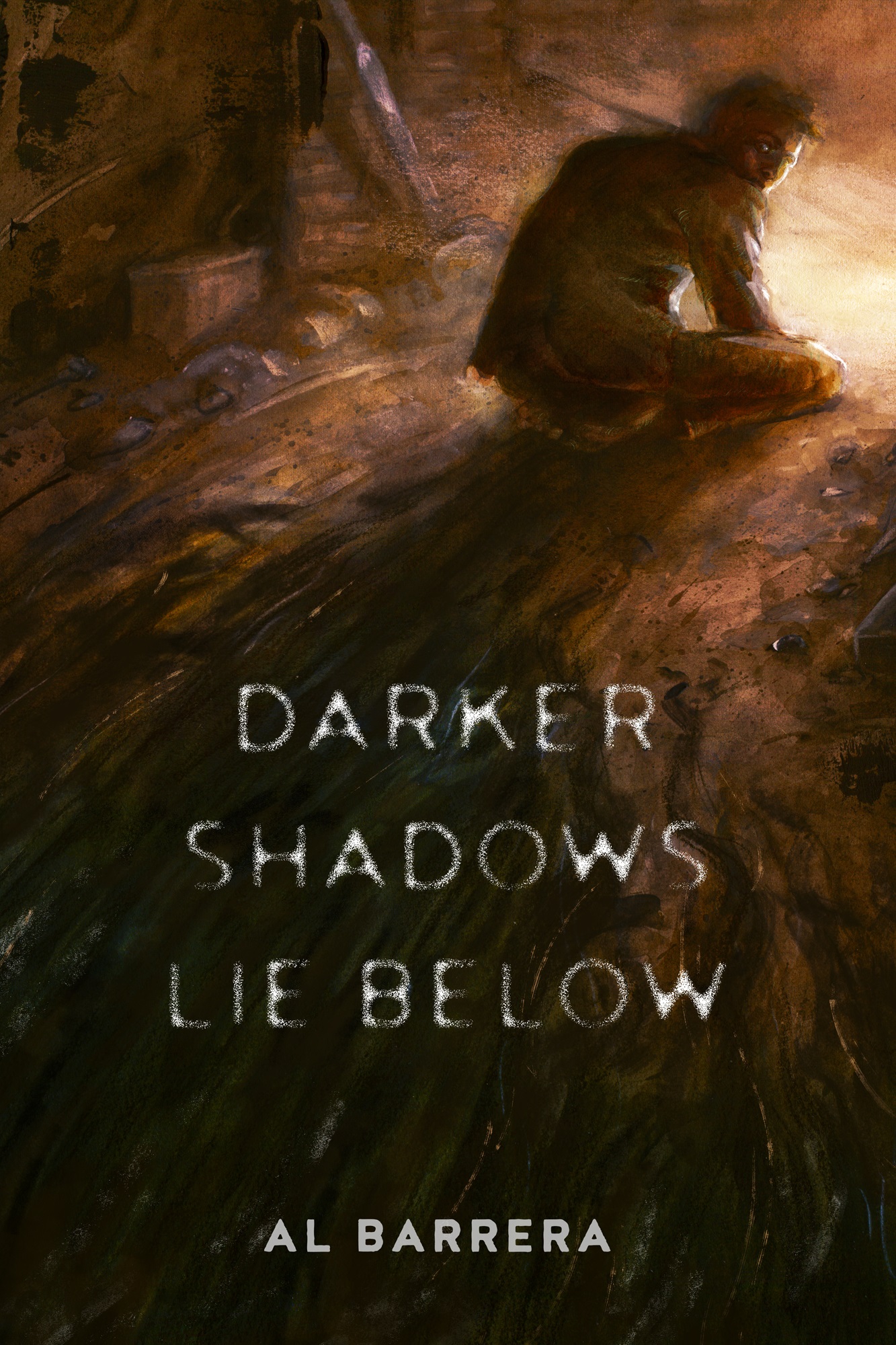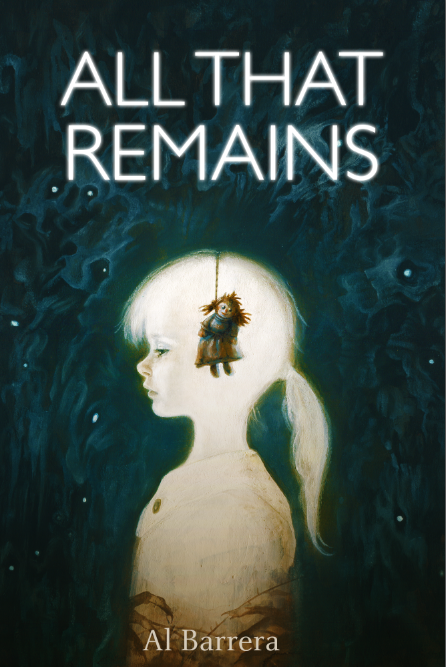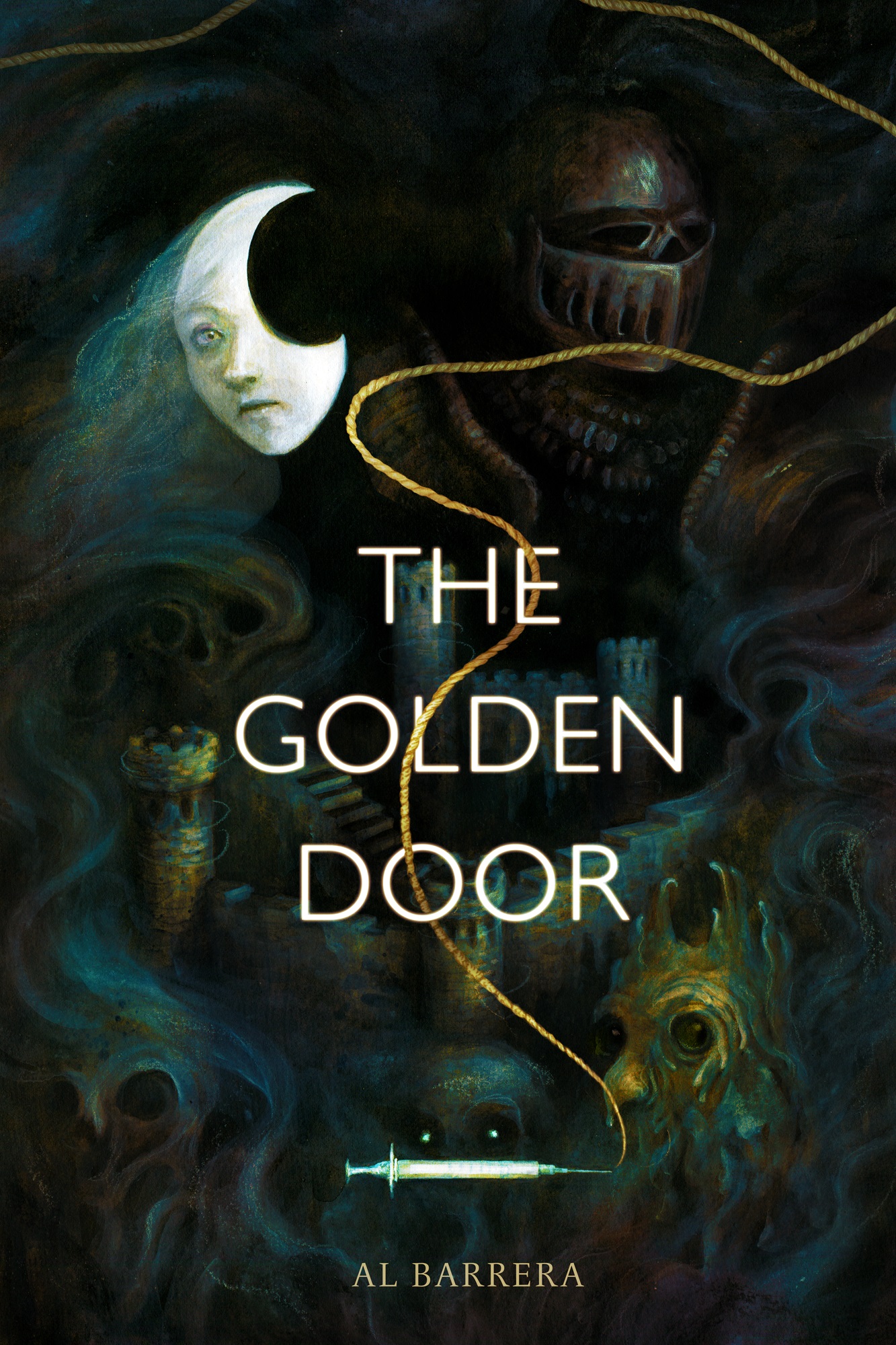Yesterday I got the green light from my editor. Once this last round of edits is done, I’ll be able to start selling my book. Yes, folks, you’ll finally be able to read the book I’ve been talking about for a year. I can’t wait for you to see it. (Yes, you.) But that got me pondering about marketing, or as I like to think of it, the most painful step in the book making process.
The other day I wrote an article about why giving everyone the hard sell with your book is obnoxious. I stand by everything I said. Social media should be social first, and a platform for selling things second. Above all else, quality of your product is number one.
That being said, you still have to sell your books.
Trust me, nobody hates this more than I do. In a perfect world my entire day would be spent writing books and talking to people about them. (And talking about other stuff, like why we park in a driveway and drive in a parkway.) Unfortunately, selling well is this weird catch 22. When you aren’t selling well, you have to spend time selling things, and when you are selling well, you can sit back and watch it happen.
I’m going to be up front with you, I haven’t sold a damn thing yet. I have been doing my homework though, and I want to share some of what I know about it. Before I begin, you should know that I’m old fashioned in my thinking. I don’t believe that sticking everyone’s nose in your work is the best way to make them like it. Making a quality product is the most important thing, and raising awareness is second. Notice I said, ‘raising awareness,’ not selling. I will not shove anything down someones throat, and I believe that’s exactly what you’re doing when you blow up Twitter with clips from your book. There will be no cajoling, no harassing, and certainly no screaming on social networks from me.
Building A Web Presence:
This step is essential. You have to have a place people can find you. A personal website with all of your information is necessary. This website should also include information on your writing, even if it’s nothing more than a cover photo and a brief summary of the book. Your contact information should be displayed prominently. Ideally you’d have some way to engage with fans too. For me this blog is exactly that. I share what I know about writing and bullshit with people at the same time. It’s a great way to both air out my thoughts and talk to my readers.
Social Media:
Tied up in online presence is social media. Having a Twitter/Facebook/Google+ where you can talk to people is great. Even if it only starts with friends and family, sooner or later other people will want to keep up with you. Social media makes it easier than checking your website every few days. Remember though, be tactful. Nobody wants to like a Facebook page that is just going to blow up their wall with book names and price tags. Show some respect for the people supporting a) the arts and b) your ass.
Driving Traffic:
Getting people to your website and social platforms is a whole different can of worms. I’m not sure what the best way to go about it is, but I’m a fan of answering questions. I use both Yahoo Answers and Quora to chime in on a ton of different topics, and it actually works for getting people to come back here. Becoming a regular at places like Goodreads and Reddit are also fantastic options. Remember, if you’re going to be social, don’t just do it to sell your book. If you’re bringing up your writing every time you post something, you’re probably being an asshole. It’ll come up. Be patient. Put a link to your website in your profile and post on related topics.
Networking:
So you only have three friends on Facebook? How many friends do your three friends have? If the answer is 3,000 between them then don’t be shy about asking them to read your book. That’s how word of mouth starts, and word of mouth is the best way to sell anything. If you made a good book, and your three popular friends tell all their friends about it, then 3,000 people just got the word. Be tactful. If your friends don’t want to read your book, let it go.
The Real World:
Are you a regular barfly? Do you hang out at a bookstore all day? Do you work in a place where you interact with a lot of people? All of those are prime opportunities to mention your writing. When I tell people I’m a writer they always ask where they can pick up my book. If I’d had anything to sell over the the last year I would have sold dozens of copies through that alone. It isn’t a ton, but a book sold is a book sold. If they really like it they might tell all their friends. Again, be tactful. Just screaming at every person you meet that your selling something is one step above the guys selling porn on the curb in Vegas.
Be Aware of How Books Sell:
Amazon has an algorithm to determine who will see your work. Everyone is after the much coveted number one spot. While Amazon guards its secrets pretty closely, certain things are known. Total number of sales and frequency of sales are tied together. The way I understand it, 50 sales over two days is better than 50 sales in one. Keywords are also essential. If you label your book poorly it won’t show up for the right people. Horror readers won’t be looking in the self-help section.
Paid Advertising:
I’m leery of this. There is a fine line between getting the word out there and spam. Goodreads has paid adds that only cost you when people click on them. Facebook offers a boost service that guarantees X number of people will see your post when you pay X dollars. If you’re going to go this route I suggest you be very careful. Show a cover and give a blurb. Make it clear that you’re speaking as an author, and not as a spam bot. Clickbait works, or Buzzfeed wouldn’t be a thing, but you still don’t want to come off like a porn ad.
Pricing:
This is the area I know the least about. Some people swear that selling a book at 99 cents is the key to getting a million sales. Others say it’s poison. There are a wealth of sites that examine the data, and I’m not going to get into it here. As an indie writer you’re going to have to think about this. I’m firmly in the 2.99-4.99 camp, but my novels are also 100k+ words, and take a long time to write.
This is just a small sample of advice. Honestly, you could write a book on selling books. (And many people do.) Remember: Above all else, people who enjoy books enjoy good books. If you don’t have that to start with, your don’t have anything. Take the time to make your material enjoyable. Hire a great team to make your book shine. Don’t have your friend who grades papers edit for you, and don’t use paint shop pro to make your cover. (Unless you’re really damn good.) I’m not saying it won’t work if you cut corners, but your odds are lottery bad that it will.
Only slightly below that golden rule is the one stating that your customers are your fans, and fans deserve your respect and time. Don’t treat anyone like a walking wallet. Nobody likes that.







Found you on Quora, so there you go, Quora works. I’m mainly on WordPress, and I’m just laughing when I think of how true what you’re saying is, especially about hard sellers.
I don’t know if you’re very familiar with the WordPress community, but a big chunk of the bloggers there will never miss an opportunity to remind YOU what they did for YOU. Whether it was a like, a reblog, or even a comment. Yes, people have posted comments on my posts just to say that they’re commenting. That to me is the most annoying hard sell, the “I’m scratching your back now what are you going to do?” tone of many WordPress bloggers gets super old super fast.
Cheers,
Shane
I have a friend who’s an established author. I’ve been going to him for advice for a while now, and one of the first things he ever said to me was, “Every indie writer following you on Twitter is too busy trying to sell you their books to give a damn about yours.” It’s the pyramid scheme of the writing world. Talking to people as if they were people instead of say, wallets, is a much better way to spend ones time.